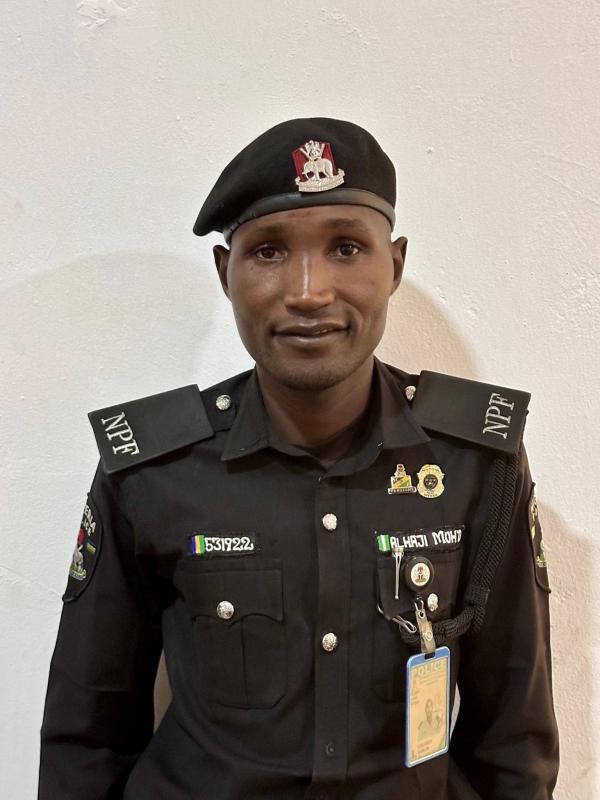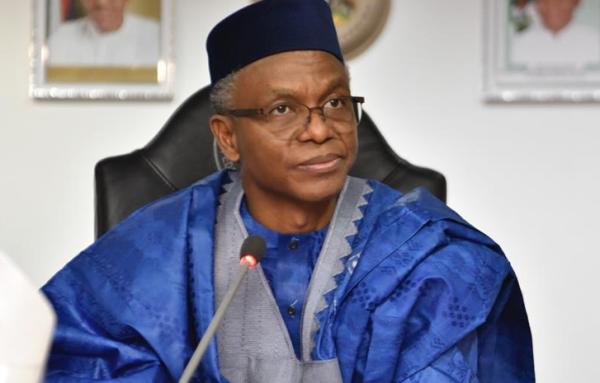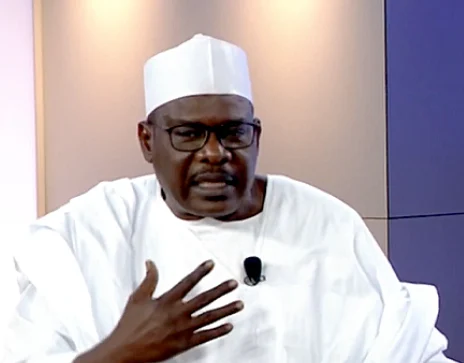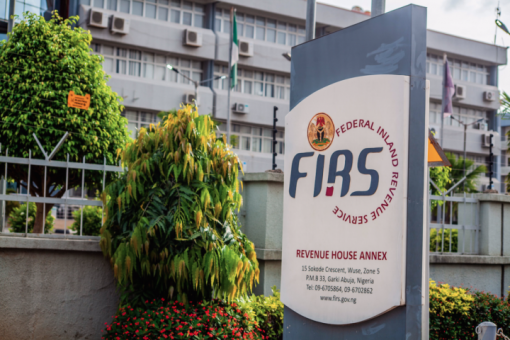
U.S. Secretary of State John Kerry arrived in Baghdad on Wednesday to endorse the new Iraqi government hours before President Barack Obama will address the American people about his strategy for combating ISIS militants.
Baghdad is Kerry's first stop on a regional tour to enlist Arab support for a global coalition to defeat ISIS.
"Almost every single country on Earth has a role to play in eliminating the ISIL threat and the evil that it represents," Kerry told reporters Monday on the eve of his departure, using an acronym for the group, which now calls itself the Islamic State.
Kerry said the United States would assemble a coalition "built to endure for the months, and perhaps years, to come."
His visit comes on the heels of the approval of a new Iraqi government, which he had long sought as a critical component in getting disaffected disaffected Sunni Iraqis to shun ISIS.
The United States has for months prodded Iraq's politicians to forge an inclusive government with all of Iraq's various religious sects. Sunni Arabs felt marginalized under former Prime Minister Nouri al-Malaki, which the United States said contributed to the growth of ISIS in the country.
On Monday, Kerry hailed the government as a "major milestone."
The last time Kerry visited Baghdad, in June, new Prime Minister Haider al-Abadi was the frontrunner, but had not yet taken office.
Taking fight against ISIS to the 'next level'
Senior State Department officials traveling with Kerry said appointment of the new government would kickstart a strategy the Obama administration began this summer to combat ISIS, including increasing intelligence gathering in Iraq, assessing the Iraqi military capability and launching strategic airstrikes at ISIS targets, which the officials say have been effective in blunting the group's momentum.
"That was really critical to set a baseline foundation in the event additional decisions were made," one senior official said. "We've come a long way since then, based upon this plan that we really put in place in June and we are now at the stage of beginning to take it to the next level."
Kerry's visit comes "under circumstances in which there real opportunities," the official said.
"Certainly the road ahead is daunting," the official said. "But to get to this point is significant ... there is a chance now."
Obama called al-Abadi on Monday to congratulate him on the formation of the new government.
Baghdad was the first stop on a regional tour to enlist Arab support for a global coalition to defeat ISIS.
Al-Maliki still part of Iraqi government
Iraq: We can defeat ISIS
What is Obama's plan to stop ISIS?
John Kerry's travels
In a statement, the White House said in his call with Obama, al-Abadi "expressed his commitment to work with all communities in Iraq as well as regional and international partners to strengthen Iraq's capabilities" to fight ISIS militants, made up largely of Sunni jihadists.
In addition to combating ISIS, officials said the United States would be looking for the Iraqis to implement their national program to give more autonomy and responsibility for security to local provinces, which will give Sunni Arabs a stake in the country's future.
Broadening the anti-ISIS coalition
As Kerry leaves Iraq, Obama will address the American people about his diplomatic, military and economic campaign to defeat the group, which has captured large swaths of Syria and Iraq and has beheaded two American journalists.
The United States has launched close to 150 airstrikes against ISIS targets in Iraq, but those have been mainly limited to protecting American interests and helping to avert humanitarian catastrophes.
But the gruesome videotaped beheadings has led to the push for a broader counterterrorism mission, including possible airstrikes in Syria, where ISIS has a safe haven.
The United States has ruled out sending American troops for a ground offensive.
Obama has been reluctant about taking military action against the group in Syria, which could indirectly help President Bashar al-Assad's regime. But White House spokesman Josh Earnest said the President was willing to go "wherever is necessary to strike those who are threatening Americans."
After leaving Baghdad, Kerry's diplomatic drive will center around building regional support for a global coalition to combat ISIS. He meet with King Abdullah II in Jordan Wednesday before traveling Thursday to Saudi Arabia. In the seaside town of Jeddah, Kerry will meet with the leaders of six Gulf nations.
In addition to support for a military campaign against ISIS, administration officials said the United States would be looking to its Gulf allies to crack down on ISIS funding and stop the flow of foreign fighters, both seen as the lifeblood of the jihadist group.
The United States also wants Sunni Arab states, particularly Saudi Arabia, to counter ISIS's narrative and convince other Sunnis to eschew its ideology.
"It's going to be a very difficult, long road to get there, but it's something that the region and our partners in the Gulf can play a really important role in," a senior State Department official travelling with Kerry said.
"And there's a number of different ways that they can do that, both in terms of just their relationships, in terms of their encouragement, in terms of their financial contributions, in terms of lifting the burden that the government here has."
After Saudi Arabia, Kerry will travel to Paris to attend an international conference on Iraq, State Department spokeswoman Jen Psaki said.
Obama will chair a meeting later this month at the U.N. General Assembly, where the global strategy is expected to be hammered out.
CNN






















